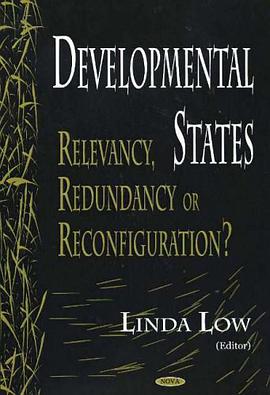

具体描述
A 'social trap' is a situation where individuals, groups or organisations are unable to cooperate owing to mutual distrust and lack of social capital, even where cooperation would benefit all. Examples include civil strife, pervasive corruption, ethnic discrimination, depletion of natural resources and misuse of social insurance systems. Much has been written attempting to explain the problem, but rather less material is available on how to escape it. In this book, Bo Rothstein explores how social capital and social trust are generated and what governments can do about it. He argues that it is the existence of universal and impartial political institutions together with public policies which enhance social and economic equality that creates social capital. By introducing the theory of collective memory into the discussion, Rothstein makes an empirical and theoretical claim for how universal institutions can be established.
作者简介
目录信息
读后感
评分
评分
评分
评分
用户评价
相关图书
本站所有内容均为互联网搜索引擎提供的公开搜索信息,本站不存储任何数据与内容,任何内容与数据均与本站无关,如有需要请联系相关搜索引擎包括但不限于百度,google,bing,sogou 等
© 2026 book.wenda123.org All Rights Reserved. 图书目录大全 版权所有




















